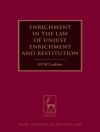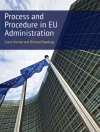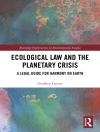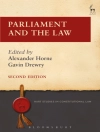This book delivers an original, theoretically informed analysis of the legal regulation of online speech. Rejecting the narrow pluralism of elitist and deliberative accounts of the citizen’s role in political discourse, the book defends a participatory account of speech in non-deliberative settings. The latter account of political pluralism best captures the republican democratic aspiration for popular, on-going authorship of the laws and the centrality of freedom to dissent in democratic theory. The legal and policy implications for governments and social media platforms of this inclusive envisioning of public discourse are then elaborated upon. In the digital world, anyone with access to the internet can be a speaker. Speech on public platforms has become democratised. At the same time, aspects of online speech are plainly problematic. Concerns exist about disinformation, ‘fake news’, ‘deep fakes’, ‘weaponised speech’ and ‘trolls’. Offensive speech and the polarising effects of robustly expressed political opinion are also troublesome. These assorted downsides of democratised speech are said to undermine the integrity of democratic processes and institutions. Public debate is distorted and coarsened and the electorate are misled. How ought the liberal democratic state respond to these challenges?The discussion is intended to be read by academics and researchers with interests in democratic theory, digital communications and freedom of expression. It offers a stimulating and distinctive contribution to debates about online speech.
Ian Cram
Liberal Democracy, Law and the Citizen Speaker [PDF ebook]
Regulating Online Speech
Liberal Democracy, Law and the Citizen Speaker [PDF ebook]
Regulating Online Speech
Acquista questo ebook e ricevine 1 in più GRATIS!
Lingua Inglese ● Formato PDF ● Pagine 232 ● ISBN 9781509945849 ● Casa editrice Bloomsbury Publishing ● Pubblicato 2022 ● Scaricabile 3 volte ● Moneta EUR ● ID 8528044 ● Protezione dalla copia Adobe DRM
Richiede un lettore di ebook compatibile con DRM












